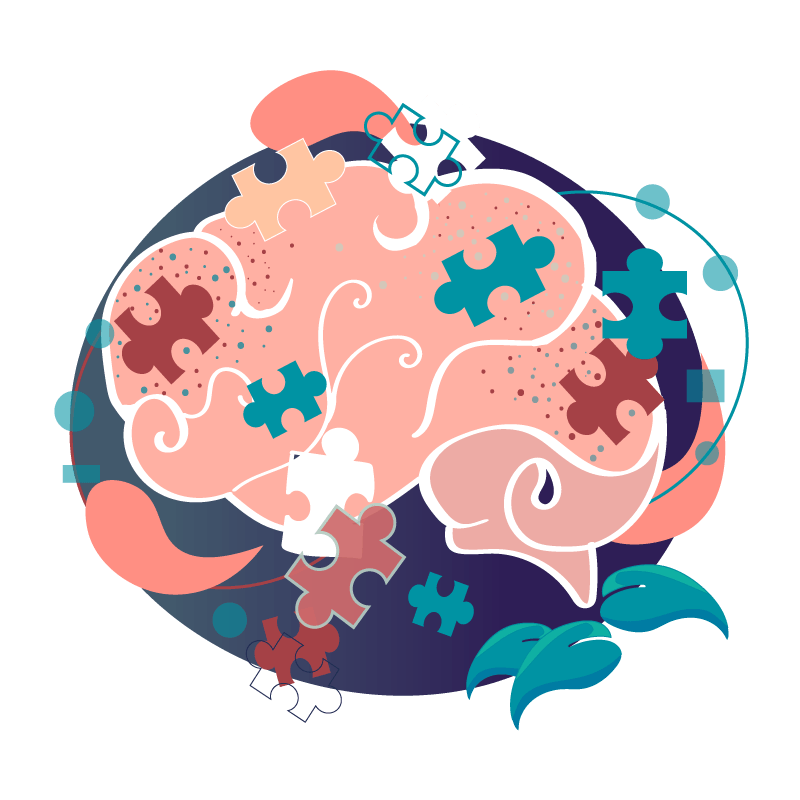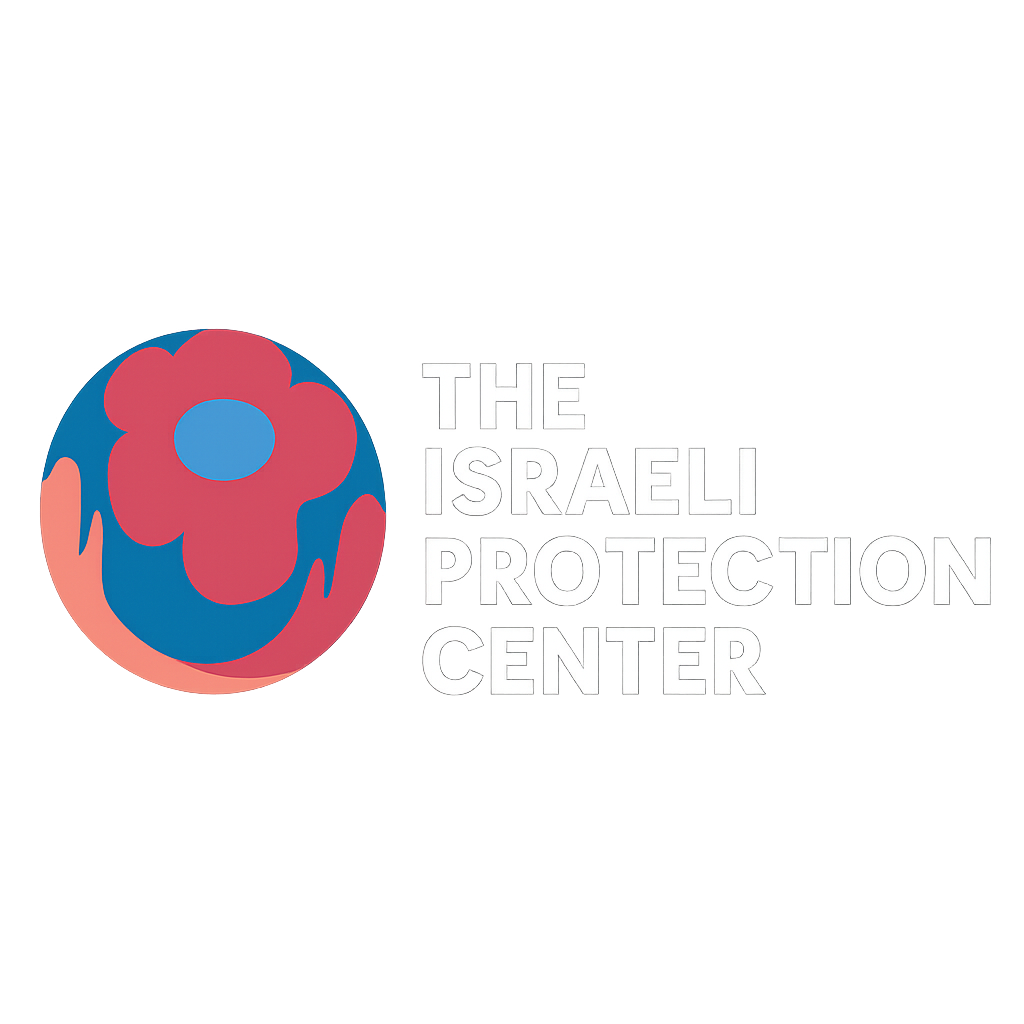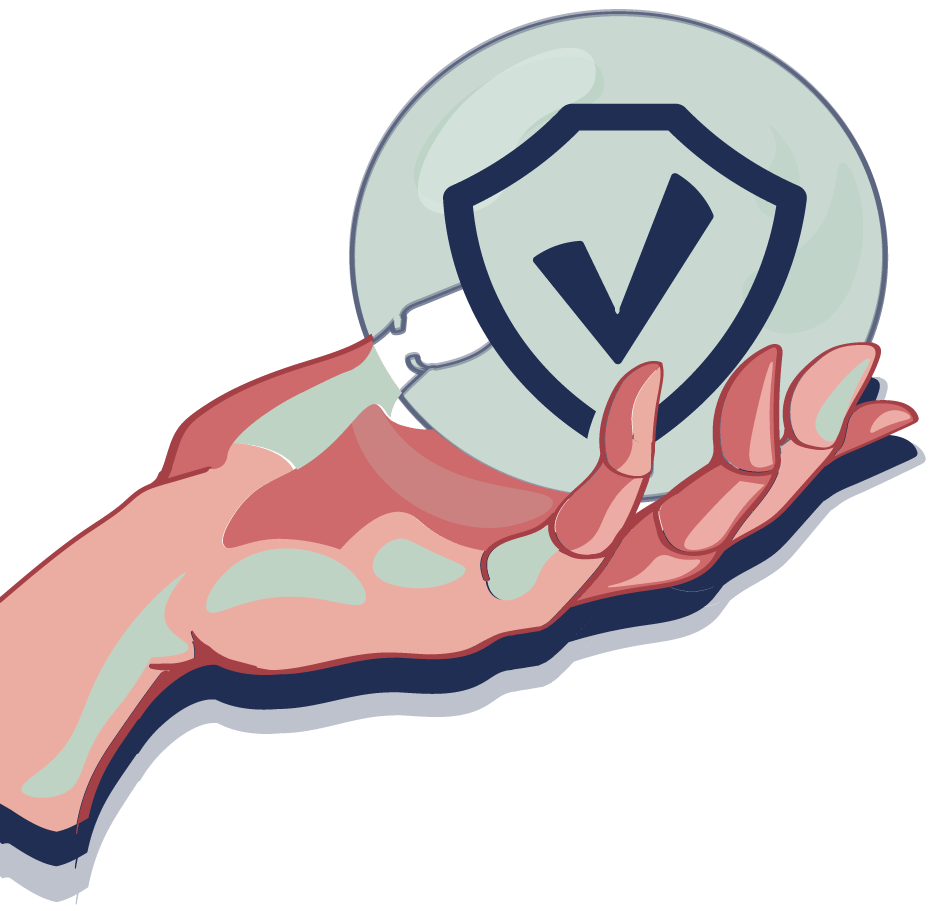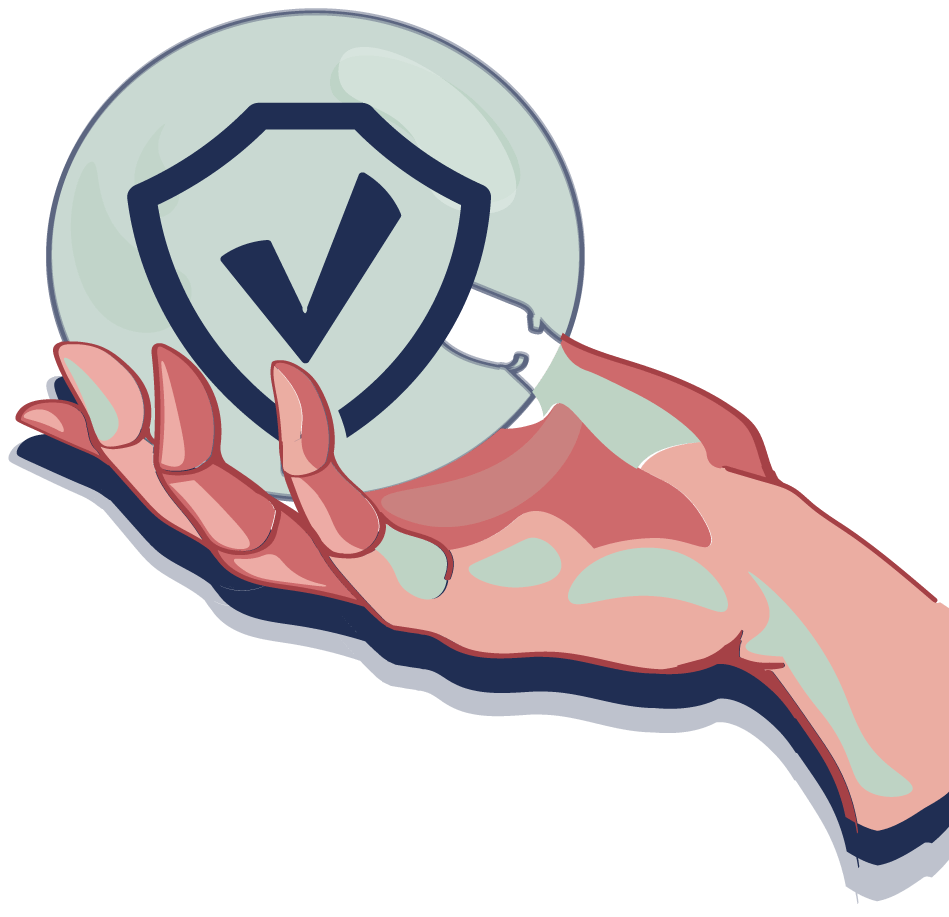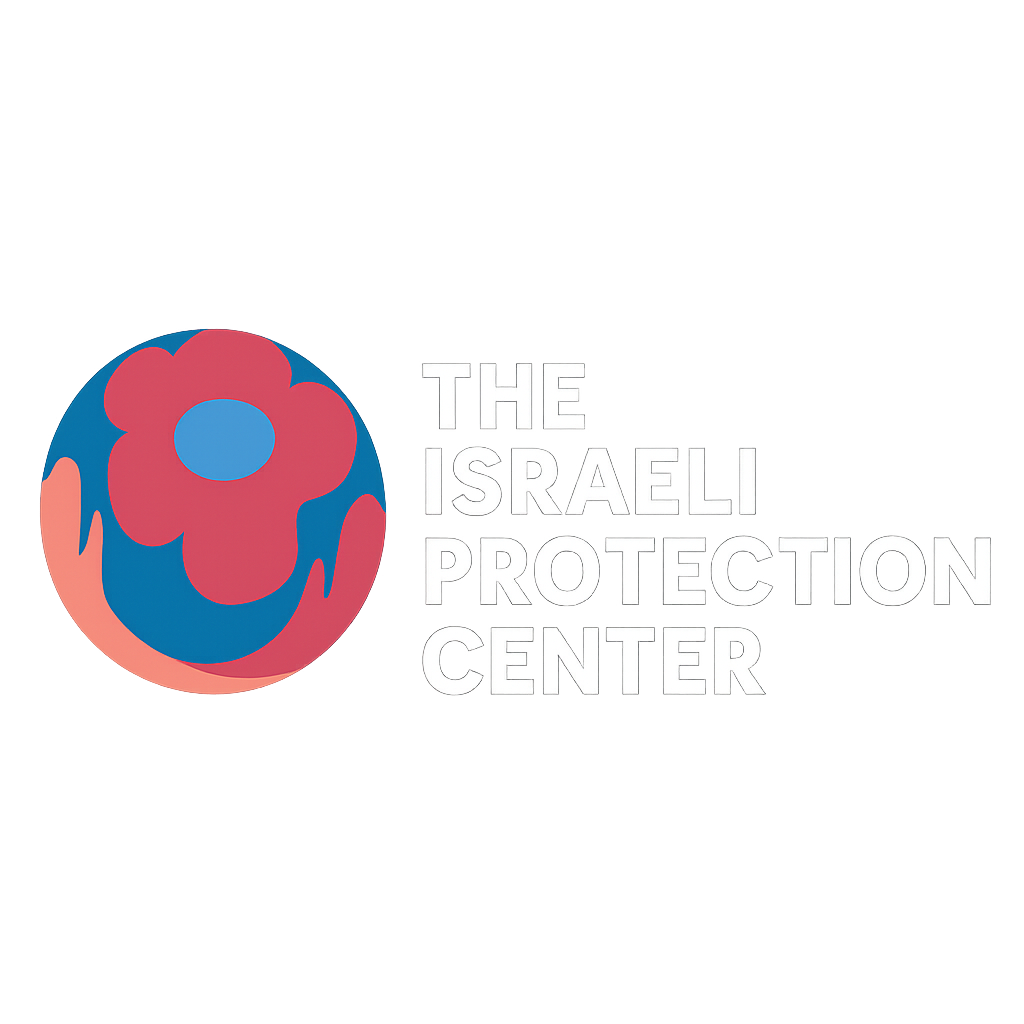Familial Response
The center’s approach is that sexual abuse is severely damaging not only to the abused individual itself but additional related circles. The entire family must be offered a broad response. In cases where the survivor lives with family members, the center offers families a support package that includes up to 10 sessions of therapy, free of charge. Treatment is provided by a manager specializing in the field of assistance and protection, as well as social workers employed by the center, all of whom are trained in treating families and cases of sexual abuse.

Community Risk Assessments
The Israeli Protection Center conducts community risk assessments and evaluations of Hebrew-speaking populations — children and adults — through professionals specializing in the field, including psychiatrists, psychologists, and social workers. This process is carried out at the request of the community, where incidents of abuse and similar concerns have arisen, in order to assess the level of risk presented by Hebrew-speaking individuals prior to decisions about placement, legal restrictions, or supervised release. This assessment sets the level of risk that the individual may pose to others. The final conclusions of the assessment may be used by legal authorities and the community itself to determine how to integrate the person back into the community and into the treatment program.
Restorative Justice
Submitting a restorative justice request shifts the focus from the accusation of a criminal act to
accountability for the harm caused.
Unlike the traditional criminal justice process, restorative justice is not rooted in formal legal
assumptions. Instead, it centers on the harm done and is carried out by the community, often
outside of the courtroom.
Whereas criminal justice is almost entirely governed by legal authorities—and gives the victim little or no role once the process begins—restorative justice begins with the experience of harm itself. It is not dependent on whether a police investigation has occurred or whether an indictment has been filed. Decisions such as whether to investigate, prosecute, or convict are all made by legal professionals, and the victim’s involvement is typically limited. Restorative justice, by contrast, offers a non-coercive, voluntary process led by those directly involved, allowing survivors to participate if and how they choose. These processes are not tied to the legal standard of evidence, nor to how much time has passed since the incident. They are not intended to replace criminal proceedings but offer a complementary or alternative path—especially where a legal case has not been pursued, has been closed, or has failed to bring about accountability. Restorative justice can meet the needs of survivors in situations where the formal justice system is not accessible or responsive—whether due to legal limitations, fear, emotional overwhelm, or a lack of trust in authorities. It can also provide space for continued accountability even after a legal case has ended. One of the core strengths of restorative justice is that it focuses on the harm and its impact, rather than solely on proving guilt. The process can offer a path toward truth, acknowledgment, and healing—even when there is no formal legal resolution.
Restorative justice processes are built on the free, informed, and voluntary participation of all involved. The process unfolds step by step, beginning with a careful intake and assessment of each participant’s readiness. This includes the responsible party’s willingness to take accountability, and the survivor’s sense of safety and personal goals. The process creates space for dialogue, truth-telling, and mutual understanding. It allows survivors to express how the harm affected their lives, ask questions, and be heard. It also gives the responsible party an opportunity to understand the impact of their actions, take ownership, and offer meaningful repair where possible. When carried out responsibly, restorative justice offers a full-circle process that centers survivors, allows for emotional healing, and creates the possibility of long-term change—for individuals and communities alike.
Survivor-Centered and Voluntary Restorative justice is not a substitute for therapy, though it may have therapeutic effects. Nor is it a punishment, even though it demands truth, accountability, and emotional engagement. These processes are not right for everyone, and not every case is appropriate. However, when a survivor wants to engage and the conditions are right, restorative justice can offer a profound step toward closure. In some cases, survivors choose to initiate a restorative process without involving the responsible party at all—focusing instead on their own healing, community response, or acknowledgment of harm. Research and experience have shown that survivors who complete a restorative justice process often feel more empowered, more in control, and more hopeful about moving forward.
At the Israeli Center for Safety we guide pursuit restorative justice programs, tailored to survivors and their needs. We are here to advise, support, and explore whether restorative justice may be the right path for you. Attorney Reut Abiri, Head of the Legal and Welfare Assistance Division at the Israeli Center for Safety, is a graduate of MeAcha’s justice training program. Together with Rabbi Asher Melamed, founder and director of the organization, they work and provide responses within the center to help survivors achieve justice through MeAcha. The Israeli Center for Safety will continue its work in this field together with the center’s professional staff.

Community response
The Israeli Protection Center is committed to providing safety and individualized support to every person who has been harmed. This includes a comprehensive community-based support system. To that end, the Center places high importance on working with communities that have distinct cultural characteristics and needs. It engages volunteers from within these communities and, through the experience and training of its staff, enables meaningful connection and understanding between communities and authorities.
Growing Awareness and Prevention
The center offers moderated workshops and educational initiatives on the topic of abuse and sexual assault prevention, tailored for preschool children, school students, parents, and educational staff, aimed at creating a shift in awareness. As a national organization recognized by the Ministry of Education, the center advances this important issue through: promoting research, academic studies, establishing national resilience programs, partnerships with various authorities, and training professional teams.
